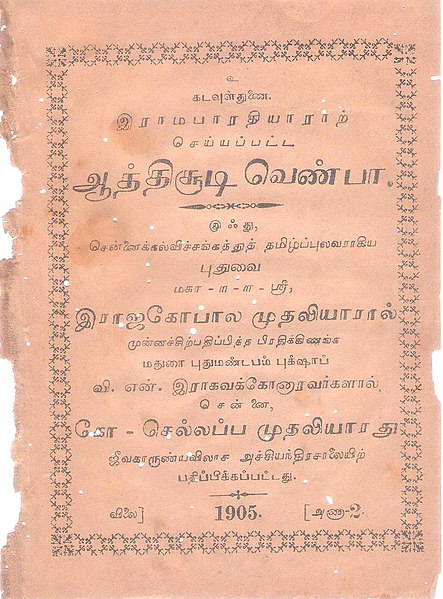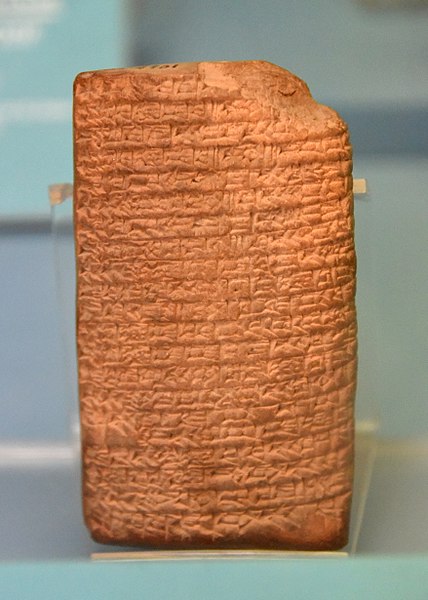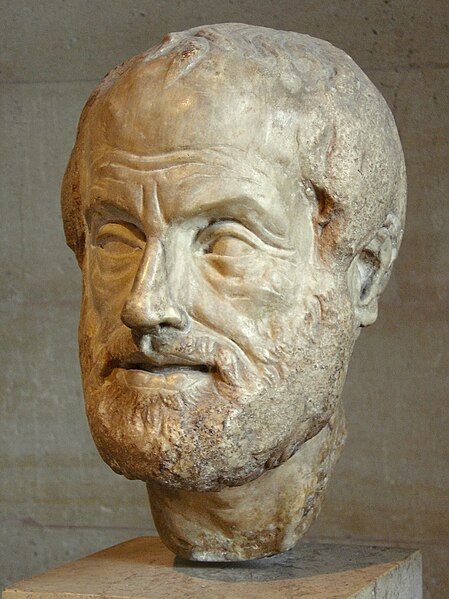Infinite photos and videos for every Wiki article ·
Find something interesting to watch in seconds
Celebrities
Countries of the World
Orders and Medals
Animals
Largest Empires
World Banknotes
Famous Castles
Great Cities
Sports
Wars and Battles
Great Artists
Great Museums
Presidents
Tallest Buildings
Ancient Marvels
Recovered Treasures
Richest US Counties
Wonders of Nature
History by Country
Supercars
British Monarchs
Kings of France
Best Campuses
Largest Palaces
Rare Coins
Crown Jewels
more top lists





